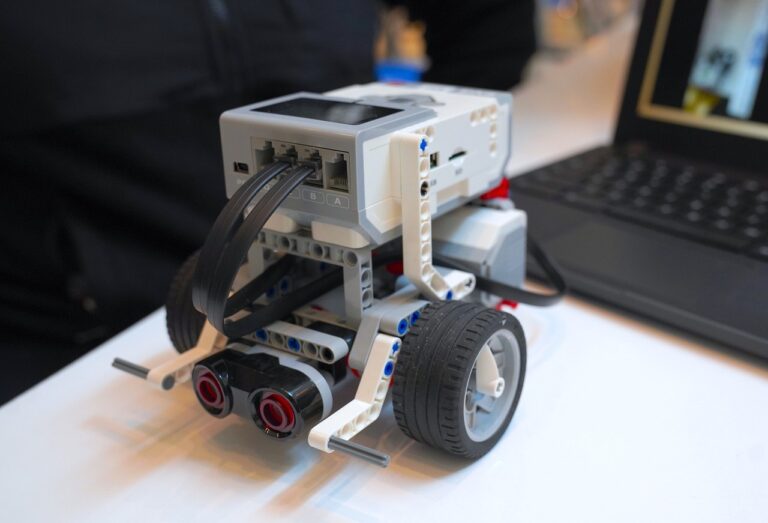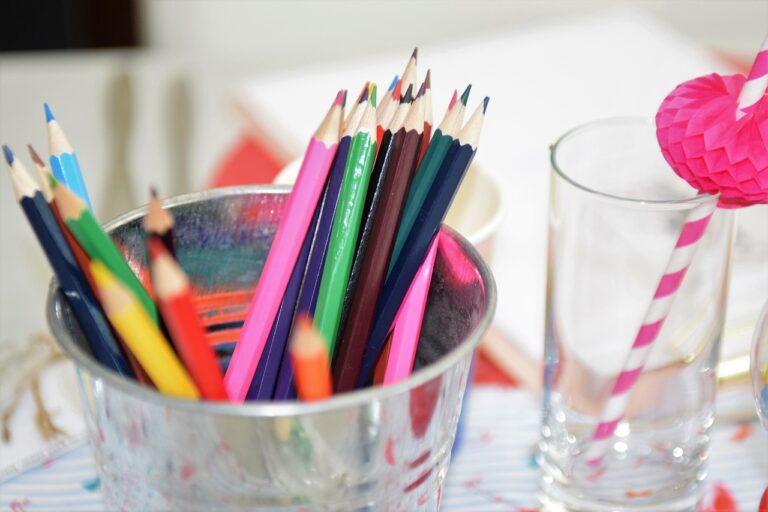Addressing Equity Issues in Access to Advanced Placement Arts Courses
Access to Advanced Placement (AP) arts courses has been a subject of concern due to disparities in enrollment among students. Research shows that students from underprivileged backgrounds, including low-income households and marginalized communities, are less likely to have access to AP arts courses compared to their more affluent peers. This lack of access perpetuates existing inequities in education and limits the opportunities for students to develop their artistic abilities and pursue their interests in the arts at an advanced level.
Inequities in access to AP arts courses can be attributed to a range of factors, including limited resources in schools, unequal distribution of qualified teachers, and systemic barriers that hinder students from enrolling in these courses. As a result, many students are unable to benefit from the rigorous curriculum and opportunities for growth and advancement that AP arts courses offer. Addressing these equity issues is essential to ensure that all students have equal access to high-quality arts education that can enhance their academic and personal growth.
Barriers to Accessing Advanced Placement Arts Courses
Accessing Advanced Placement (AP) arts courses can prove challenging for many students due to various barriers they encounter. One significant barrier is the lack of availability of these courses in certain schools. Not all educational institutions offer a wide range of AP arts courses, limiting students’ options and opportunities to explore their artistic interests at an advanced level. This limitation can prevent students from fully engaging with their passion for the arts and pursuing a more comprehensive arts education.
Financial constraints present another obstacle for students seeking to access AP arts courses. The costs associated with these courses, including exam fees and supplies, can be prohibitive for many students, particularly those from low-income backgrounds. Additionally, the need for specialized equipment or materials in certain AP arts courses can place an additional financial burden on students, further hindering their ability to participate in these advanced programs. These financial barriers can create inequities in access to AP arts education, impacting students’ academic and artistic growth.
Importance of Equity in Advanced Placement Arts Education
Equity in Advanced Placement (AP) arts education is crucial for ensuring that all students have the same opportunities to access high-quality arts courses. When equity is prioritized in AP arts education, it helps to level the playing field for students from diverse backgrounds, ensuring that talent and potential are recognized and nurtured regardless of race, socioeconomic status, or other factors. By promoting equity in AP arts programs, schools can create a more inclusive environment where every student has the chance to excel and thrive in their artistic pursuits.
Moreover, valuing equity in AP arts education can lead to increased diversity and representation in the arts field. When students from underrepresented groups are given equitable access to advanced arts courses, it not only benefits the individual students but also enriches the arts community as a whole. By breaking down barriers and promoting inclusivity in AP arts education, society can tap into a broader range of perspectives, talents, and voices, ultimately fostering a more vibrant and dynamic arts landscape.
What are some common equity issues in access to Advanced Placement Arts courses?
Common equity issues include lack of resources and funding in certain schools, limited availability of AP Arts courses in underserved communities, and unequal distribution of qualified teachers.
What are some barriers students face when trying to access Advanced Placement Arts courses?
Barriers include financial constraints, lack of transportation to schools that offer AP Arts courses, limited information and guidance on course selection, and stigma around pursuing arts education.
Why is it important to address equity issues in Advanced Placement Arts education?
Addressing equity issues ensures that all students have equal opportunities to participate in high-quality arts education, promotes diversity and inclusion in the arts, and helps close the achievement gap between students from different backgrounds.





